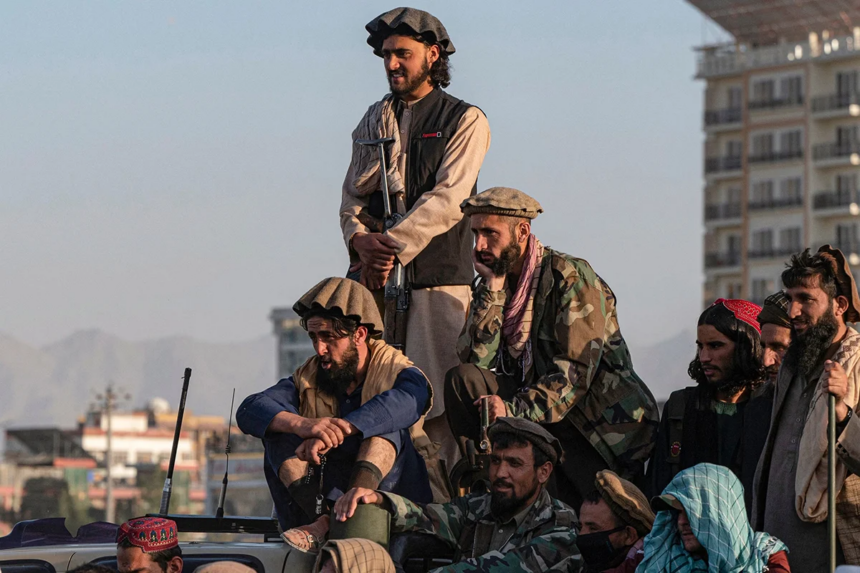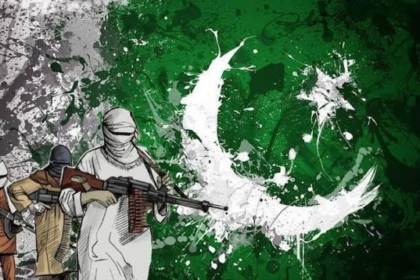RASC News Agency: Following the return of Donald Trump to the White House, Taliban officials initially expressed hope for a renewed chapter in relations with the United States. However, nearly five months later, not only has Washington declined to engage with the regime, but the Taliban have found themselves increasingly isolated from the West and turning instead toward America’s geopolitical rivals, notably the Islamic Republic of Iran, China, and Russia. Upon Trump’s victory in the U.S. presidential election, the Taliban mistakenly anticipated a policy reversal. Banking on the Doha Agreement signed during Trump’s first term, they expected the former president to adopt a more accommodating stance abandoning the cautious and distant posture that had defined the Biden administration’s approach. Eager for international recognition, the Taliban openly pushed for the reopening of the U.S. embassy in Kabul and for their own diplomatic envoy to be accepted at the United Nations.
Suhail Shaheen, the Taliban’s political office chief in Doha, declared shortly after Trump’s election win that the group was ready for “constructive engagement” with Washington. Abbas Stanekzai, former Taliban deputy foreign minister, went as far as to praise Trump as a “decisive and courageous” leader urging him to reestablish formal diplomatic ties. Yet in reality, U.S. policy remained largely unchanged. Trump not only refused to reengage diplomatically, but also called for the recovery of abandoned American military equipment and froze external aid to Afghanistan. These moves further intensified the country’s economic freefall driven largely by the Taliban’s own administrative failures, systemic corruption, and ideological rigidity.
Frustrated by the diplomatic cold shoulder from Washington, the Taliban have shifted their foreign policy eastward, seeking closer alignment with U.S. adversaries. Over the past several months, Taliban officials have held repeated meetings with Iranian counterparts. In a highly symbolic move, Iranian Foreign Minister Abbas Araghchi visited Kabul for the first time since the Taliban takeover and announced the opening of “a new chapter in bilateral relations.” Taliban foreign minister Amir Khan Muttaqi also attended Tehran Dialogue Forum and met directly with the Iranian president. Iran has since declared its willingness to expand cooperation with the Taliban regime across all domains.
This diplomatic pivot has not been limited to Iran. Stanekzai, a central figure in Taliban diplomacy, has previously called for deepening strategic cooperation with China, Russia, and Iran in order to develop a united front against what he called “U.S. pressure.” The Taliban’s realignment is increasingly evident in both rhetoric and political behavior. The regime recently organized large-scale rallies in support of Gaza, during which demonstrators chanted “Death to America” and “Death to Israel” slogans traditionally associated with Iran’s hardline regime rather than Afghanistan’s political culture. These public expressions further underscore the Taliban’s gradual adoption of anti-Western postures to align with regional autocracies.
In parallel, the Taliban have intensified diplomatic engagements with China and Pakistan. High-level visits and increased coordination have allowed the regime to bolster its international standing among authoritarian allies, even as its legitimacy remains unrecognized by the broader global community. During his recent Eid sermon in Kandahar, Taliban supreme leader Hibatullah Akhundzada condemned the United States as “oppressive” and accused it of violating the rights of Afghanistan’s citizens an ironic claim from the head of a regime widely accused of gender apartheid, repression, and war crimes. Akhundzada also expressed vocal support for the Palestinian resistance, echoing talking points from Tehran.
What began as a hopeful bid for renewed U.S. engagement has thus devolved into strategic desperation. The Taliban, disillusioned by Washington’s refusal to legitimize them, have repositioned themselves within a bloc of regional powers trading potential global integration for proximity to regimes that similarly defy Western norms of governance, transparency, and human rights. This geopolitical shift signals a defining transformation in Taliban foreign policy. Isolated from the West and shunned by international institutions, the group now seeks survival not through internal reform or consensus-building but by entrenching itself further within a regional axis of illiberal powers.






